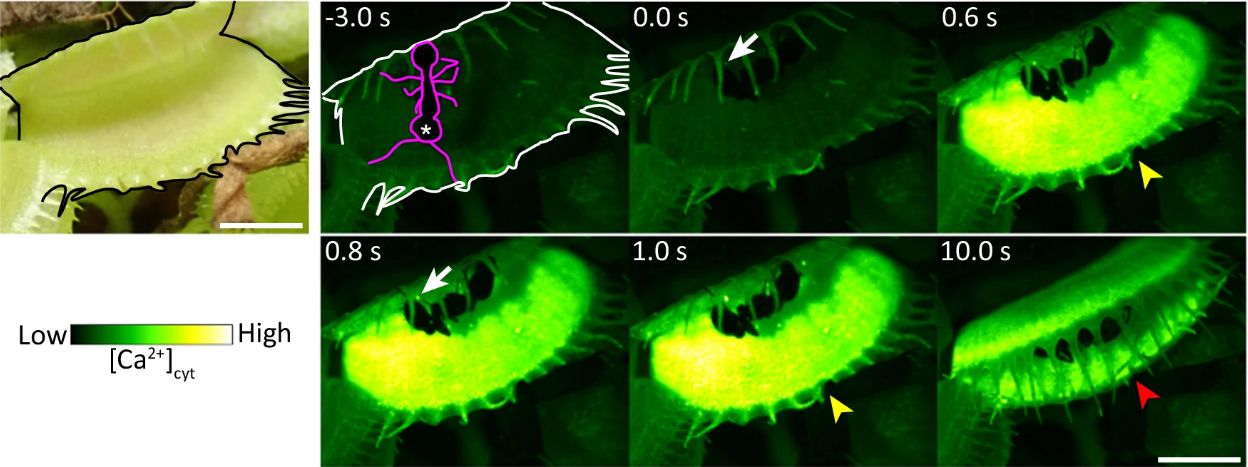Researchers at Washington University School of Medicine in St. Louis, in collaboration with Northwestern University, have pioneered a groundbreaking noninvasive treatment for glioblastoma, one of the most aggressive forms of brain cancer. Their innovative technology utilizes precisely engineered nano-size materials to deliver powerful tumor-fighting agents directly to the brain via nasal drops.
This novel delivery method offers a significant advantage over existing therapeutic approaches, which often involve more invasive procedures. The study, conducted on mice, demonstrated that this technique effectively enhances the brain’s immune response, leading to improved treatment outcomes for glioblastoma.
Mechanism of Action and Effectiveness
The researchers focused on creating structures at the nanoscale that could navigate the complex environment of the brain. By administering the treatment through the nasal cavity, the nano-engineered materials bypass traditional barriers, ensuring a more direct and efficient delivery of the medication.
In laboratory tests, this method showed promise in stimulating the immune system to recognize and attack tumor cells. The findings suggest that patients diagnosed with glioblastoma could benefit from a more effective treatment option that minimizes the need for surgical intervention or systemic chemotherapy, which often come with severe side effects.
Future Implications and Next Steps
The success of this research marks a critical step toward developing effective therapies for brain tumors. With glioblastoma being known for its poor prognosis and limited treatment options, the implications of this noninvasive approach could be transformative.
The team plans to further refine the technology and conduct clinical trials to evaluate its safety and efficacy in humans. If successful, this method could revolutionize the way brain tumors are treated, offering hope to patients facing this challenging diagnosis.
This advancement highlights the potential of nanomedicine and its ability to change the landscape of cancer treatment. As researchers continue to explore new avenues for delivering therapies, the integration of such innovative techniques could lead to more personalized and effective treatment strategies for various types of cancer.







